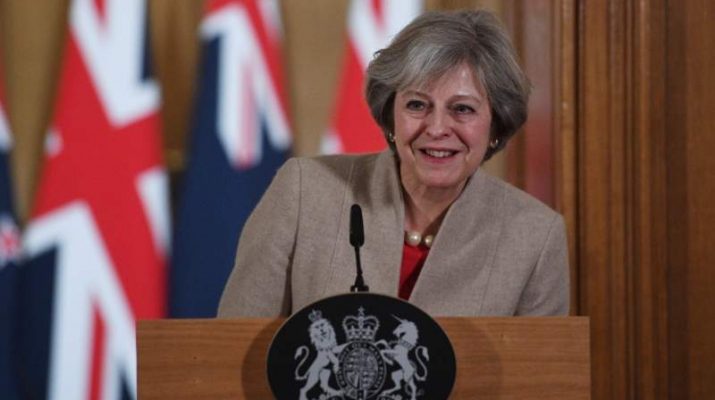According to The Guardian, a victory for the prime minister at the Supreme Court would deliver the simplest and most direct approach to initiating Article 50 of the treaty on European Union, which formally begins the UK’s departure from the EU.
The paper says that if, despite politically managed expectations, the 11 justices decide that the royal prerogative powers are sufficiently extensive, then she would not have to consult Parliament and could proceed immediately to Brussels without bothering to secure parliamentary approval.
A surprise victory for the government at this late stage seems unlikely, the Guardian adds, and would be met with head-scratching in No 10, which has already conceded that Parliament should be consulted at the end of the Brexit process.
The paper says the more widely expected outcome is that the justices, by a significant majority, follow the High Court’s earlier ruling and declare that the government’s executive powers to sign international treaties, as inherited through the royal prerogative, do not extend to uprooting parliamentary legislation such as the European Communities Act of 1972, which delivered specific rights to British citizens.
What does Brexit mean?
It is a word that has become used as a shorthand way of saying the UK leaving the EU – merging the words Britain and exit to get Brexit, in a same way as a possible Greek exit from the euro was dubbed Grexit in the past.
Why is Britain leaving the European Union?
A referendum – a vote in which everyone (or nearly everyone) of voting age can take part – was held on Thursday 23 June, to decide whether the UK should leave or remain in the European Union. Leave won by 52% to 48%. The referendum turnout was 71.8%, with more than 30 million people voting.

